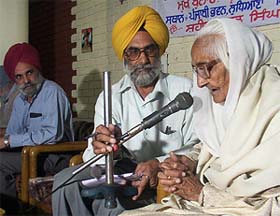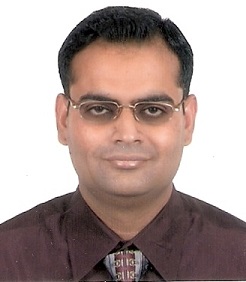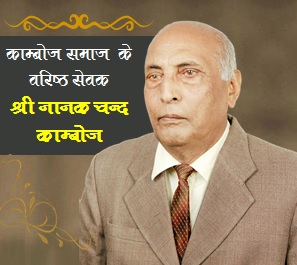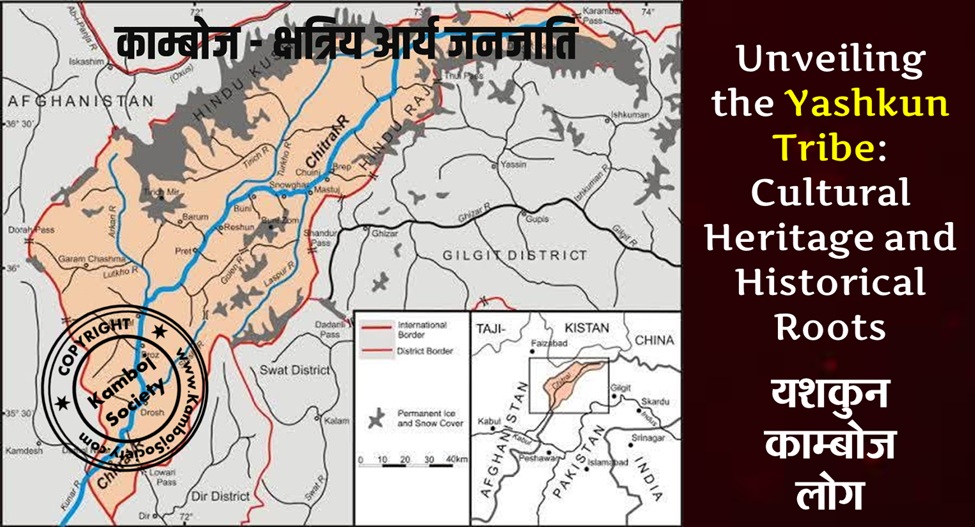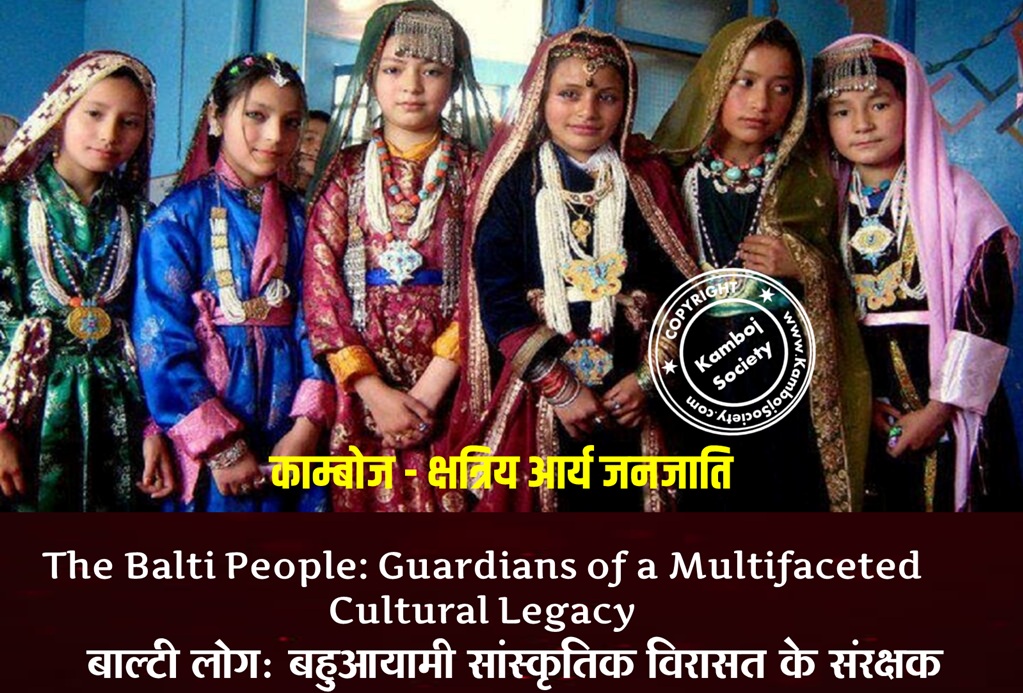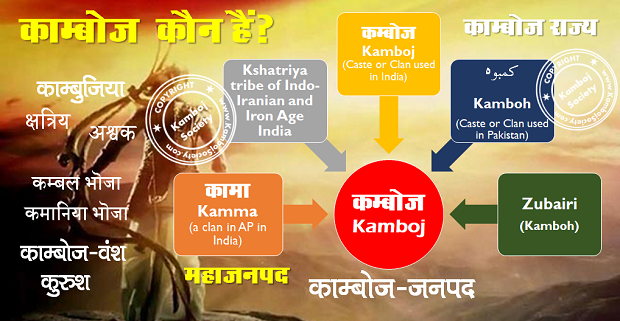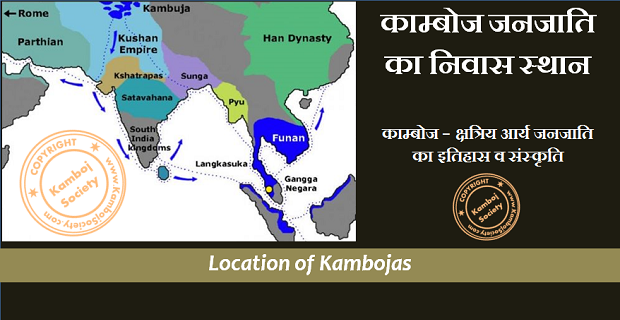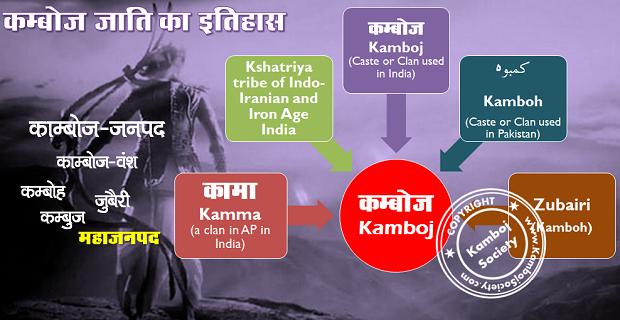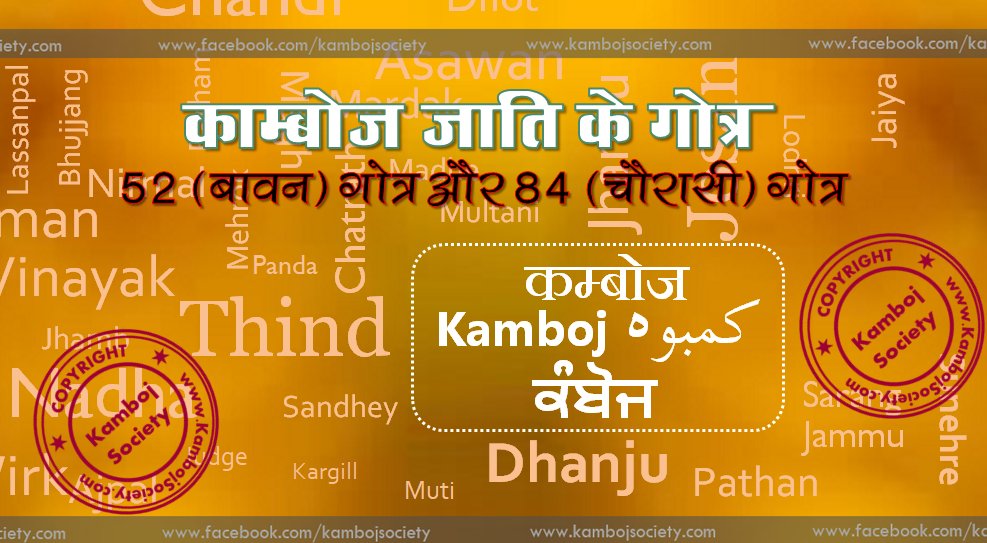Kartar Singh Sarabha, a Ghadr revolutionary was born in 1896 in the village of Sarabha, in Ludhiana district of Punjab in the house of Mangal Singh, a well-to-do farmer (Jutt). After receiving his primary education in his own village, Kartar Singh entered the Malwa Khalsa High school at Ludhiana for his matriculation. He was in tenth class when he went to live with his uncle in Orissa where, after finishing high school, he joined college. In 1912, when he was barely 16 years old he sailed for San Francisco (U.S.A), and joined the University of California at Berkeley, enrolling for a degree in chemistry. His association with Nalanda club of Indian students at Berkeley aroused his patriotic sentiments and he felt agitated about the treatment immigrants from India, especially manual, worker received in the United States.
When the Ghadr party was founded in mid-1913 with Sohan Singh, a Sikh peasant from Bhakna village in Amritsar district, as president and Hardyal as secretary, Kartar Singh stopped his university work, moved in with Har Dyal and became his helpmate in running the revolutionary newspaper Ghadr (revolt). He undertook the responsibility for printing of the Gurmukhi edition of the paper. He composed patriotic poetry for it and wrote articles. He also went out among the Sikh farmers and arranged meetings at which he and other Ghadr leaders made speeches urging them to united action against British. At a meeting at Sacramento, California, on 31 October 1913, he jumped to the stage and began to sing: "chalo chaliye desh nu Yuddha Karen, eho aakhiri vachan te farman ho gaye" (come! let us go and join the battle of freedom; the final call has come, let us go!" Kartar Singh was one of the first to follow his own call.
As World was I broke out, members of Ghadar party were openly exhorted to return to India to make armed revolt against the British. Kartar Singh left the united states on 15 September 1914, nearly a month ahead of the main body of Sikhs who were to follow. He returned to India via Colombo, resolved to set up in his village a center on the model of Ghadr party's yugantar Ashram in San Francisco. When Bhai Parmanand arrived in India in December 1914 to lead the movement, Kartar Singh was charged with spreading the network in Ludhiana district. In this connection, he went to Bengal to secure weapons and made contacts with revolutionaries such as Visnu Ganesh Pingley, Sachindra Nath Sanyal and Rash Bihari Bose. With Pingley, Kartar Singh visited cantonments at Meerut, Agra, Benaras, Allahabad, Ambala, Lahore and Rawalpindi, with a view to inciting soldiers to revolt. As far as armaments, Kartar Singh and his associates succeeded in manufacturing bombs on a small scale at Jhabeval and later at Lohtbaddi, both in Ludhiana district, Kartar Singh organized and participated in raids on the villages of Sahneval and Mansuran in January 1915, in order to procure funds for the party.
In February 1915, just before the planned revolt was to erupt, there was a massive roundup of the Ghadr leaders, following the disclosures made by a police informer, Kirpal, who had surreptitiously gained admittance into the party. Kartar Singh, Jagat Singh of Sursingh, and Harnam Singh Tundilat escaped to Kabul. All three, however, came back to Punjab to continue their work. They were seized on 2 March 1915 at Wilsonpur, in Shahpur district, where they had gone to incite the troops of the 22nd Cavalry.
The trial of arrested leaders in the Lahore conspiracy cases of 1915-1916 highlighted the role of Kartar Singh Sarabha in the movement. His defense was just one eloquent statement of his revolutionary creed. He was sentenced to death on 13 September 1915 and he received the hangman's noose on 16 November 1915 Singh his favourite patriotic song. A statue of Kartar Singh, erected n the city of Ludhiana commemorates his legendary heroism. He has also been immortalized in the fictional account Ikk Mian Do Talwaran by the famous Punjabi novelist, Nanak Singh.
KambojSociety.com salutes the real hero of India.
This message is to pay rich tributes and homage to the great martyr of our community and Indian freedom struggle.
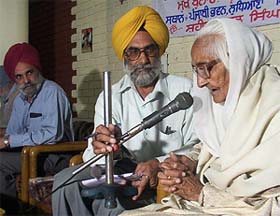 Shaheed Kartar Singh Sarabha's cousin, Bibi Jagdish Kau
Shaheed Kartar Singh Sarabha's cousin, Bibi Jagdish Kau


